42 police officers serve the 256,000 citizens of Marin County. As a team, these officers take on various issues, ranging in severity from traffic tickets to domestic violence cases. Dealing with such incidents causes both mental and physical harm, an aspect of law enforcement that often goes overlooked.
Cases covered by the police force include dealing with difficult circumstances such as child abuse, domestic violence, and traumatic events. These instances, and the aftermath of dealing with them, leave a lasting impact on officers. Marin Central Officer Daniel Novoa believes that dealing with these difficult situations can cause strain on an officer’s mental health.
“I do believe that some aspects of our job as a police officer go unnoticed. We respond to incidents of child abuse, suicide, domestic violence, etcetera. All these things can be a regular part of the job, but over time these types of situations can be burdening on our mental health,” Novoa said. “Personally, the hardest part of my job would be responding to incidents of child abuse or suicides in our younger community. I have nieces and nephews that I go home to at the end of my workweek. Responding to these types of calls makes me think of them first, and that takes a toll mentally.”

This is a shared experience for many officers, especially in Marin. Due to close-knit relations in Marin County, officers often have ties to the community. Marin Sheriff-Coroner Jamie Scardina grew up in Marin and has a close connection with his hometown.
“For the last over 26 years, [being] able to give back to the community where I grew up [has] been very rewarding. I think it’s taught me the sense of gratitude to be able to live [in] one of the most premium counties, not only in this state but in this country,” Scardina said.
Novoa says that life at the station is ever-changing. Laws, policies, culture, traditions, and support for law enforcement shift frequently depending on the political climate and community norms. The constant changes in cases and workload in the industry have taught Novoa and colleagues to adapt in order to make the right decisions.
“At the end of the day, being confident that you are doing the right thing, abiding by the current laws and policies, and respecting everyone, regardless of their beliefs, is what’s important,” Novoa said.
The stress put on officers affects them, their families, and others close to them. Scardina has found that despite the occupation’s rewards, its inconsistencies can lead to challenges in other aspects of life.
“[My wife has] learned over the last 24 years, how to be patient with me because whether it’s a shift, work, or different assignments, it’s not necessarily always easy to be married into law enforcement,” Scardina said.
Because of their long shifts and intense duties, Marin officers have formed a family-like connection with their partners and colleagues. Public Information Officer at Marin Central, Adam Schermerhorn has encountered the benefits of forming close relationships with his fellow officers.

“We work 12-hour days, three to four days [per] week. Most of us know each other since we are a moderately sized agency. You get close with your immediate partners, because we work together so much and rely on each other for such important things and making sure we all go home each day,” Schermerhorn said.
In police work, a “beat” is an officer’s designated patrol area. Officers in Marin spend a lot of time on the job with their beat partners, forming close connections with them as a result. Officer Novoa relies on his beat partners to keep him going throughout the day. Novoa thinks having a trustworthy partner is crucial to maintaining a healthy balance between work and personal life.
“We spend so much time together as beat partners that we really get to know everyone inside and out,” Novoa said. “We tend to reach out to each other for advice, both professional and personal. It is super healthy and important that we all get along because we act as each other’s therapists when times are rough at work or at home.”
Despite the challenges that accompany the job, being an officer is eye-opening. Marin officers see the good and bad sides of humanity daily. Frontline workers need a support system to fall back on while dealing with difficult cases.
“There are some calls that can really take a toll on you mentally, but overall the job is gratifying,” Novoa said. “Knowing that I helped someone in a dangerous or scary situation is one of the main reasons I joined this family. The community we serve has always been supportive of what we do, and going home knowing that is very rewarding.”


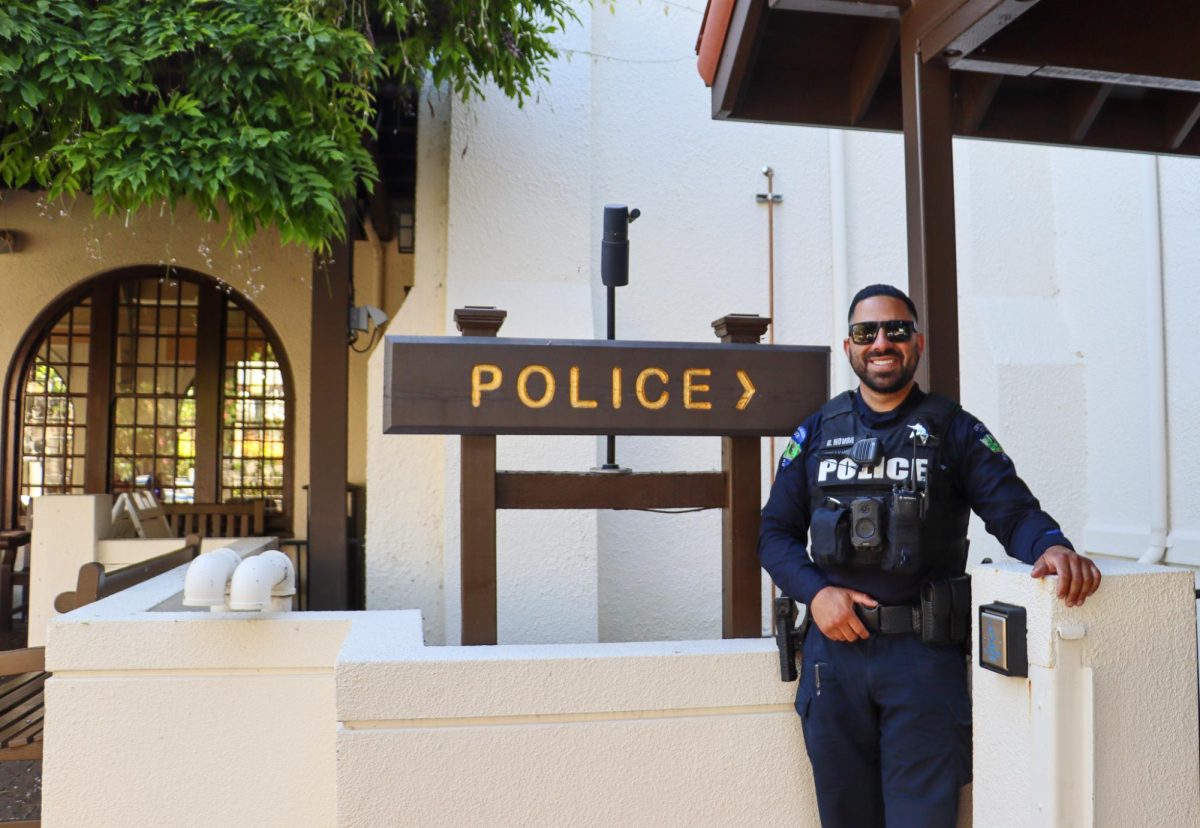
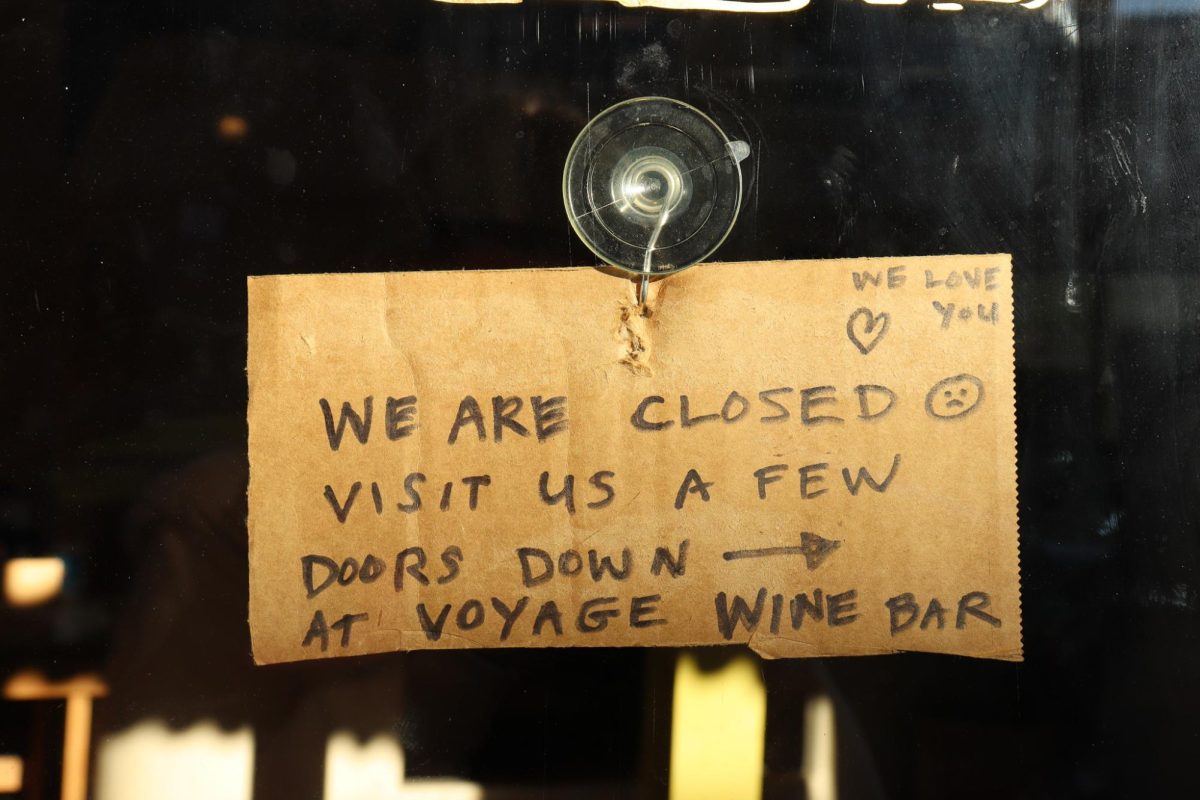

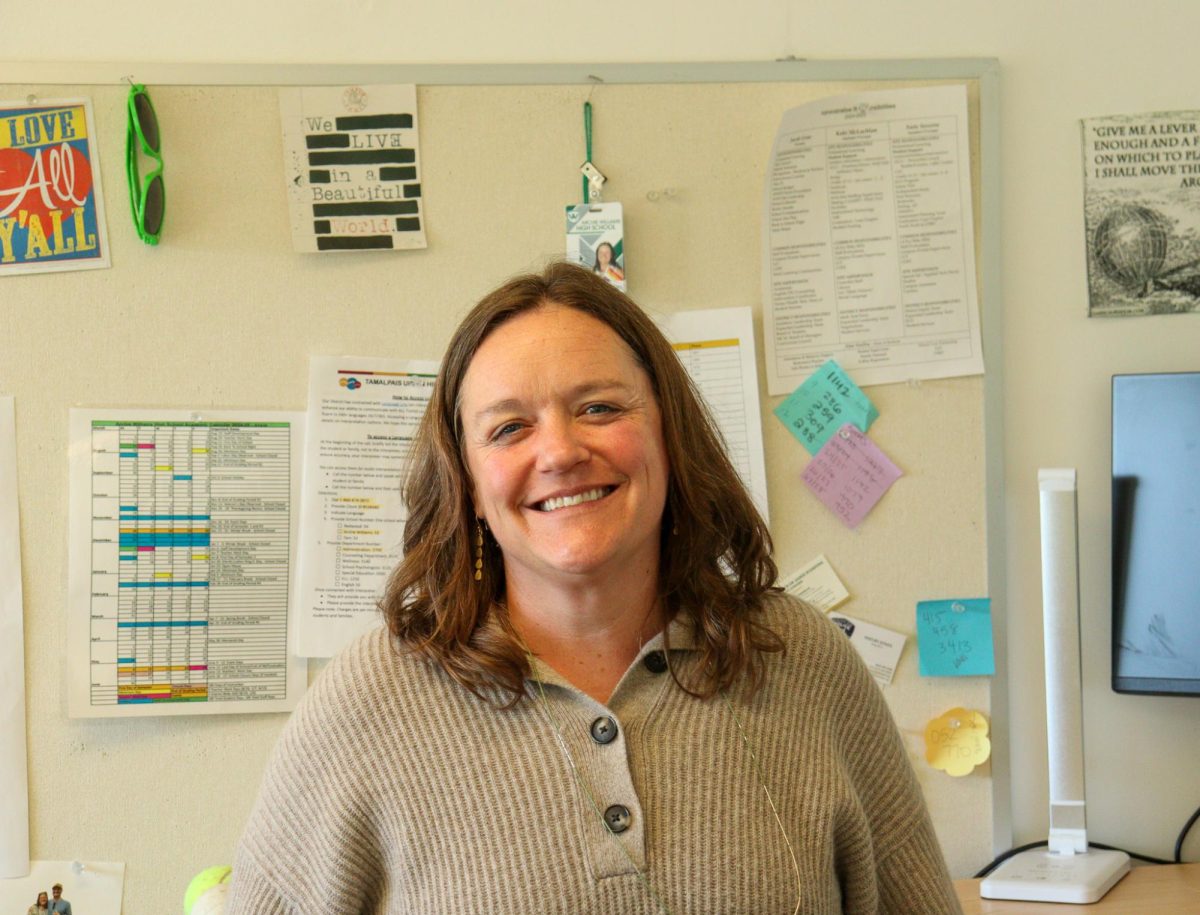
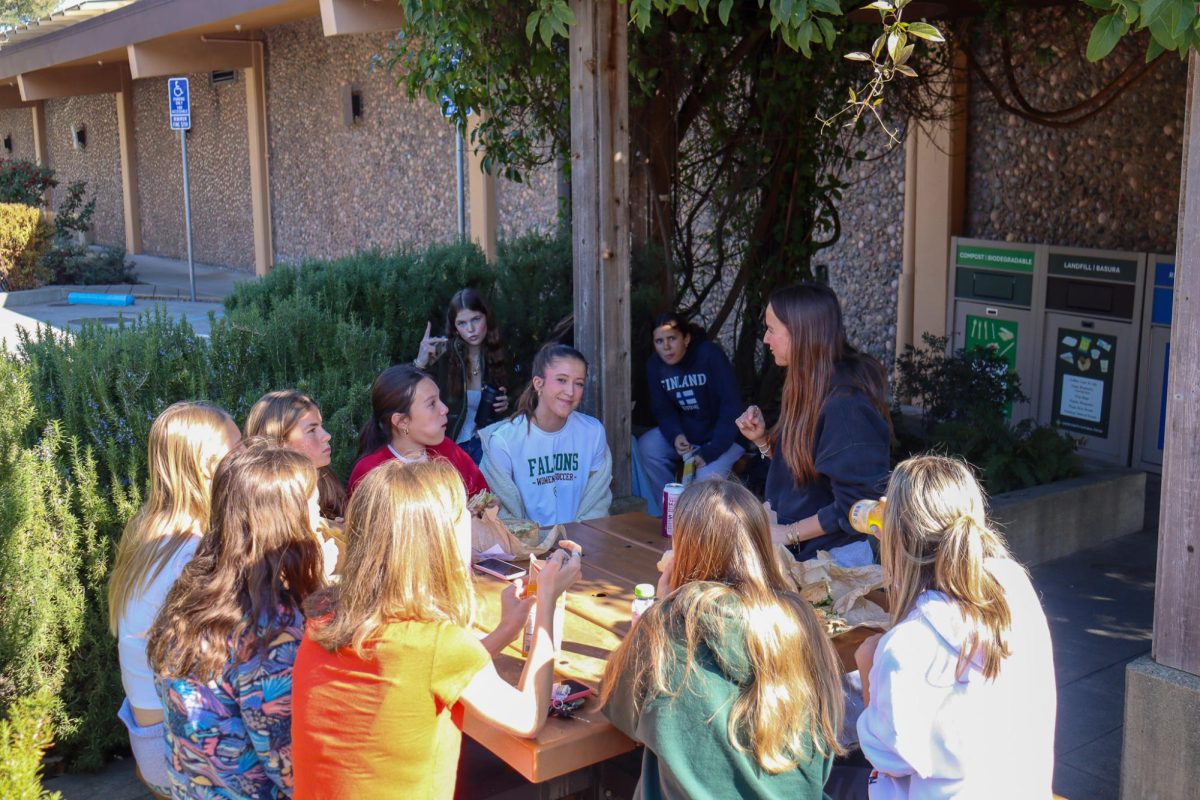

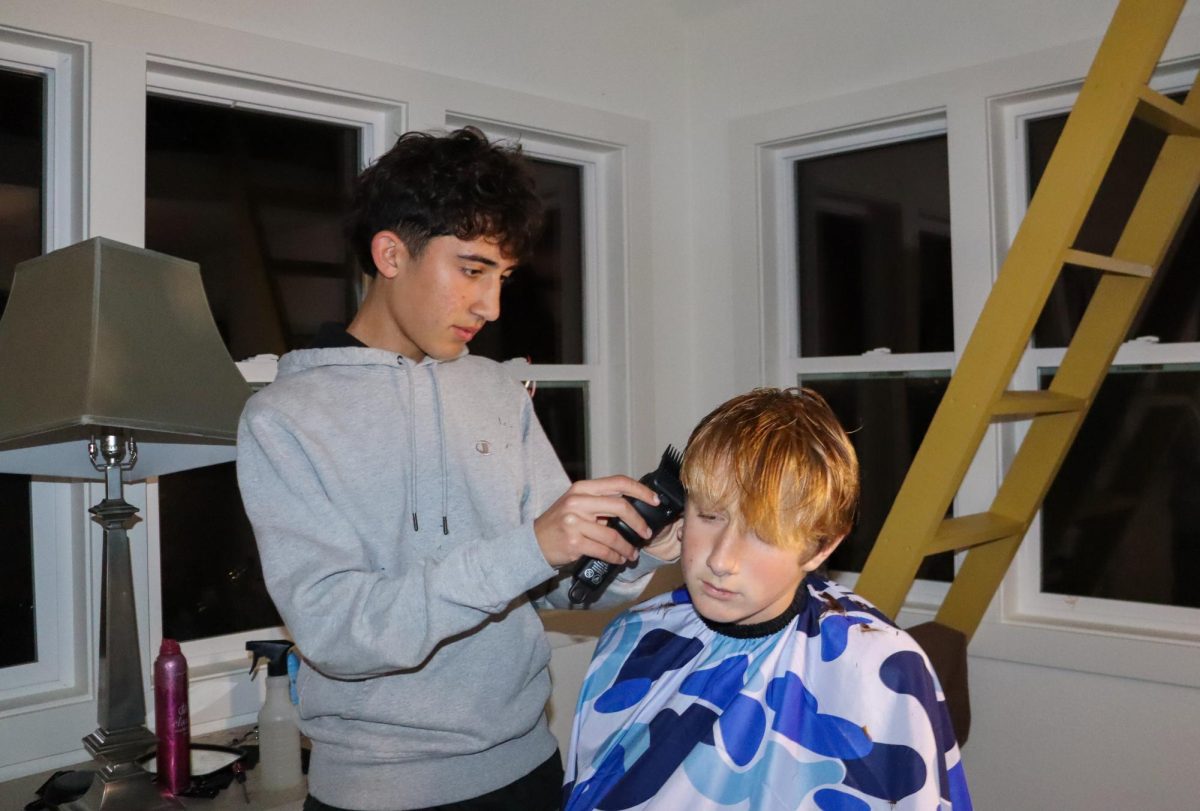


Jenna • May 24, 2024 at 5:58 PM
Thank you to LEO’s in Marin!